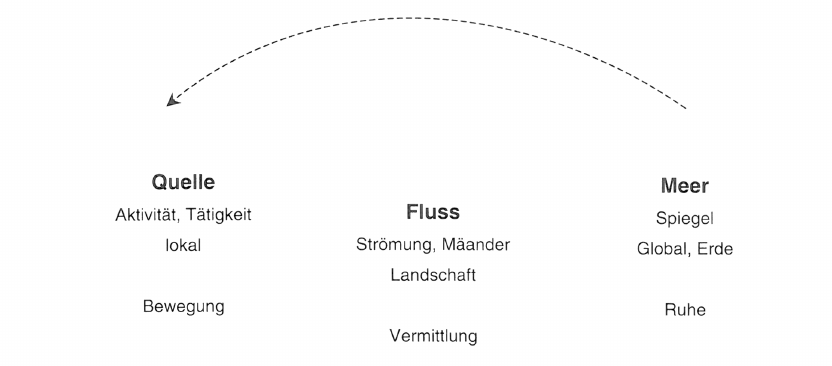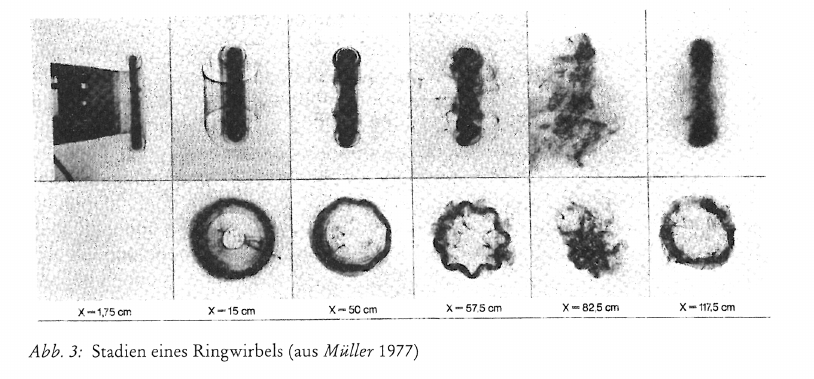Was lernen wir vom Wasser?
Elemente der Naturwissenschaft
74,
2001,
P.
116-126 |
DOI:
10.18756/edn.74.116
Article | Language: German | €6.00
Export Article Citation as
- Plain text
- BibTeX
- RIS format
- Download price : € 6.00
Abstract:
Water is looked upon as something that one can learn from. Learning from nature can be seen as human activity returning to nature what it cannot produce, i.e. human culture. It is shown that water teaches that the origin of form is movement. Life means to be open to the context of the surroundings and fluid behaviour is to produce such a context. Finally, water relates to the process of understanding itself. For that purpose some basic processes of fluid dynamics are described and analysed. It is shown that, for fluid processes, the vortex is a primary phenomenon, a term introduced by Goethe.



